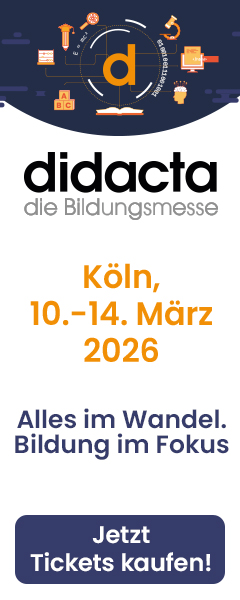Open-Source Projects Don’t Always Operate Democratically
Barcelona (E), May 2016 – (by Jordi Rovira) The purpose of the open-source software movement is to advocate open (the code is public), collaborative (the community participates in the development process) software development. However, neither this goal nor the theoretically democratic functioning that one would expect is always met. This is the main conclusion reached by the SOM Research Lab at the Universitat Oberta de Catalunya's (UOC) Internet Interdisciplinary Institute (IN3).
Two members of this research group have analysed the 25 most popular projects on GitHub, the online platform that hosts numerous open-source projects, currently totalling more than 10 million. It is the first time that researchers have analysed the internal participation mechanisms of projects of this type.
The researchers found that of the 25 projects studied, only one clearly explains how the project is governed (who decides what and when), and another seven give brief indications. The rest, which make up 68% of the projects analysed, give no information whatsoever. Here it must be noted that even those which do provide relevant information do not follow democratic practices. This means that, in reality, none of the 25 projects analysed abide by any form of democratic process in their functioning.
Frustrated users
According to the researchers, most of the software projects that criticize how our society operates are run by a small group of people who may or may not take notice of users' requests (regarding errors to be corrected, new functions to be added/modified, new components to be integrated) but do not feel any obligation whatsoever to act on them or, at the very least, explain how the decision whether or not to listen to them is made. In fact, it is not uncommon to hear expressions such as "we have to protect users from themselves" or "they don't know enough about the subject to give an opinion". Even worse, some of these projects - even some that are quite well known such as WordPress and Linux - are run by "benevolent lifetime dictators" who may make totally unilateral decisions at any time without taking the community's opinion into account.
According to Jordi Cabot, director of the SOM and ICREA Research Professor at the UOC, “this is clearly detrimental to and frustrating for users, who are unable to have any direct influence on the software's future. In contrast, they are able to influence the evolution of their social environment, and not knowing about laws, for example, does not detract from their right to say what they think and take part in binding voting processes." Cabot acknowledges that "the software has had a very positive influence on democratic progress in our society, for example, by enabling the emergence of electronic democracy. Perhaps the time has come to bring democracy to the software itself".
Tools for transparency
To change this situation, the SOM Research Lab is developing a series of tools and recommendations to transform software development into a transparent, democratic process that each project can use to define its decision rules if it chooses to. Once they have been defined, these rules can be monitored and automated to produce software that truly fulfills the community's desires. It is hoped that concrete results will emerge by mid-2016.
The SOM Research Lab started a general line of research a couple of years ago to analyse the open-source world within the framework of a medium-term research project that, in forthcoming years, will concentrate particularly on studying democratic tools in these environments. They plan to apply for EU funding so that they can study participative software development in greater detail.









